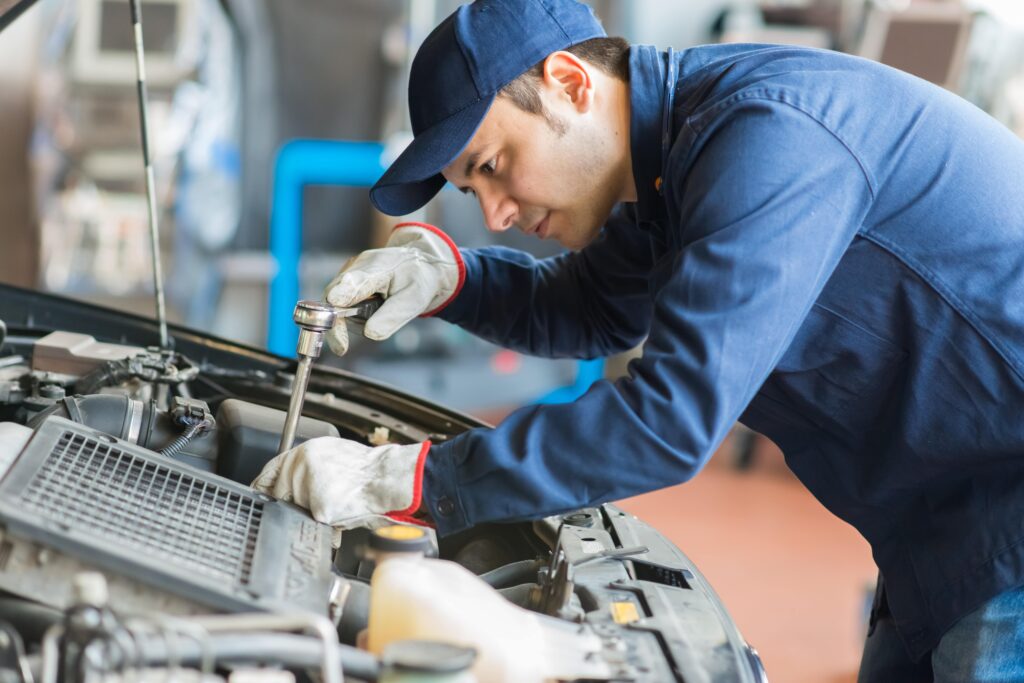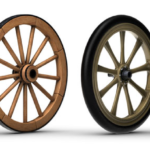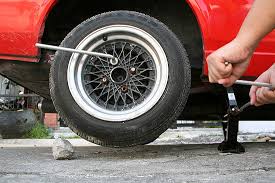When it’s time for an upgrade, one of the biggest decisions is whether to go with a diesel or gasoline-powered vehicle. Both have pros and cons to consider for your needs. Let’s break down the key differences to help you decide which fuel type is the best fit.

Content
Efficiency and Fuel Costs
Diesel engines are generally more fuel-efficient than comparable gasoline engines. You’ll see 25-40% better fuel economy with a diesel, meaning lower costs at the pump. Diesel also has a higher energy density, so vehicles can travel farther on the same amount of fuel.
This makes diesels a good choice if you drive many miles for work or regularly tow heavy loads. However, diesel itself costs more per gallon. So, your overall fuel savings depend on mileage. It’s a good idea to get quotes from your local car service near me to compare total fuel costs over time between options.
Performance and Driving Dynamics
While diesel power lacks the rev-happy nature of gasoline engines, it makes up for it with prodigious low-end torque. This provides smooth acceleration from a stop, and heavy loads are no problem. However, diesel engines are inherently heavier, which can impact handling.
Gasoline engines redline higher and are snappier, making them more fun for spirited driving. Performance variants also abound. Consider if you prioritize utility or driving enjoyment.
Maintenance and Repairs
In general, diesel engines are more durable but also costlier to repair. Regular maintenance like oil changes is similar. But diesel injectors, high-pressure fuel pumps, and turbochargers are complex components that can be pricey to replace.
Gasoline engines have fewer moving parts and repairs tend to be more affordable. Check warranty coverage and expected maintenance schedules/costs with your local car service for your budgeting.
Resale and Depreciation
Diesel vehicles tend to retain their value better over time thanks to their longevity. However, they also depreciate faster initially off the lot compared to equivalent gas models. The used car market for diesels can also be smaller. Consider expected ownership length and resale value when deciding.
Environmental Impact
While diesel emits less greenhouse gases per gallon burned, the tradeoff is higher emissions of nitrogen oxides and particulate matter which impact air quality and public health.
Newer diesel vehicles with advanced emissions equipment address this. However, gasoline vehicles are still cleaner overall, especially if switching to an electric vehicle is an option in your area.
Final Word
In the end, evaluating your needs based on factors like intended use, budget, and environmental priorities will help determine whether diesel or gasoline power makes the most sense. Get knowledgeable advice from your local car service near me technicians to find your perfect fit. Test drives can also help you feel the differences firsthand.

Max isn’t your ordinary auto blogger. He’s your friendly neighborhood gearhead, here to guide you through the automotive maze. His blog is like a conversation with a buddy who’s always got the latest auto scoop.












